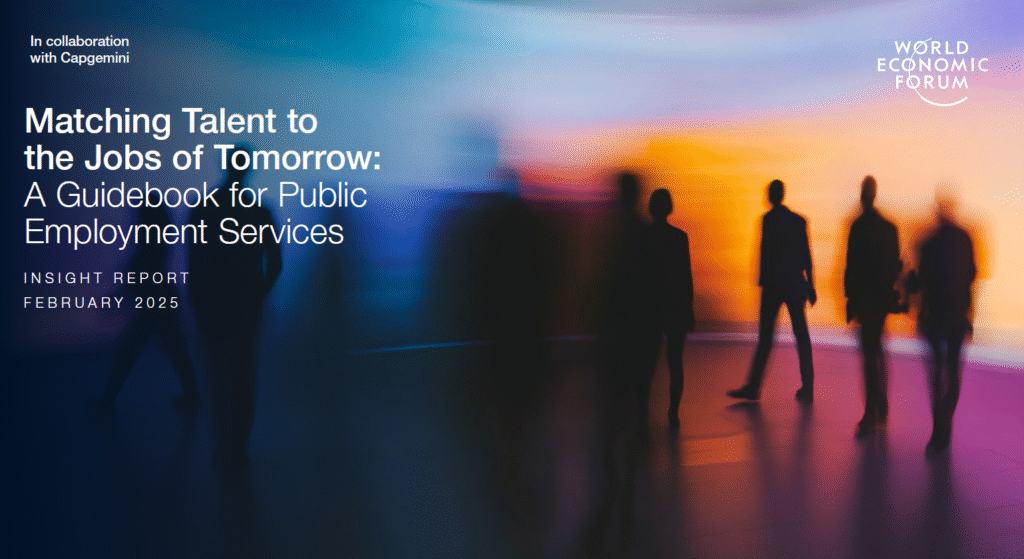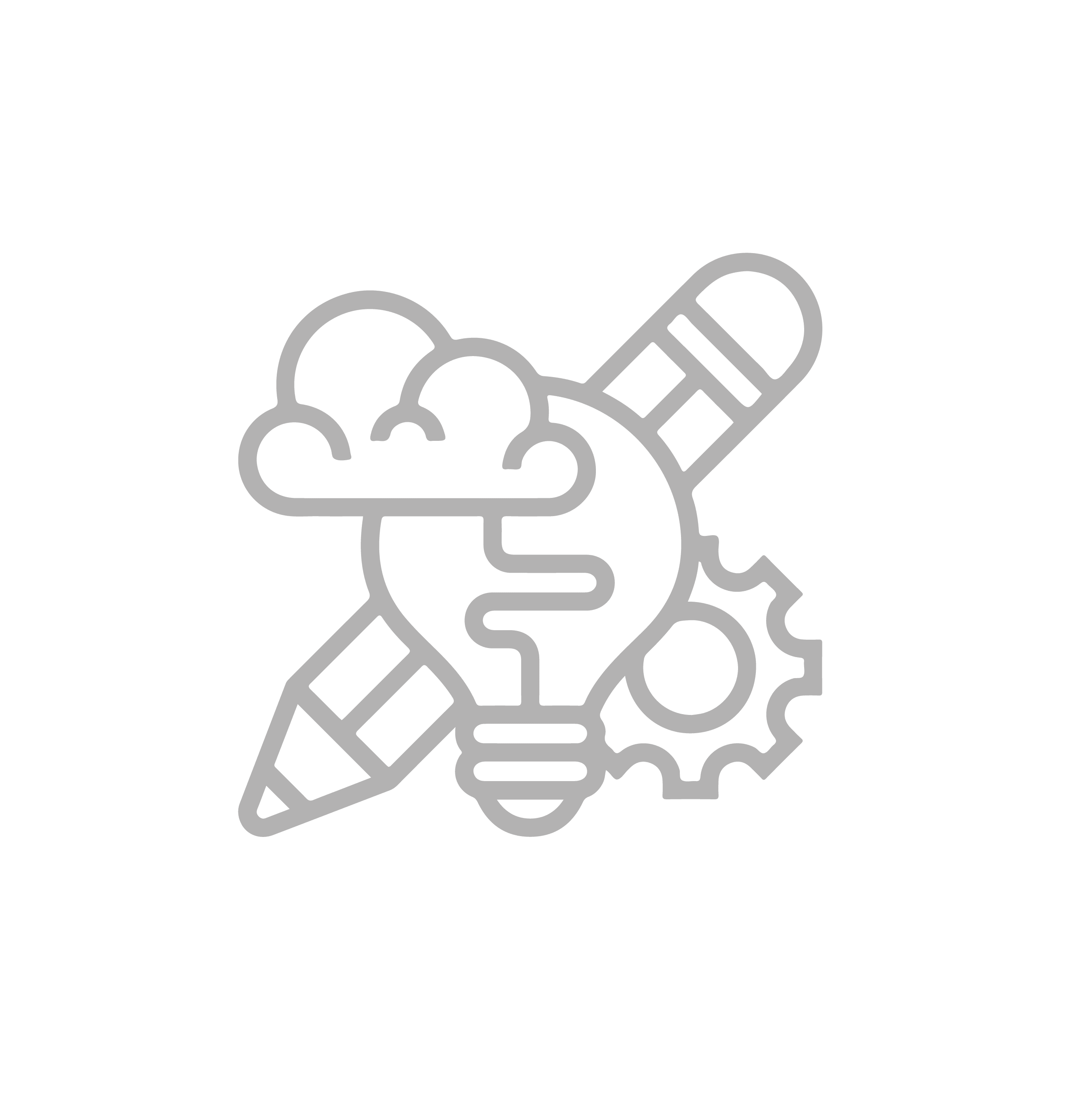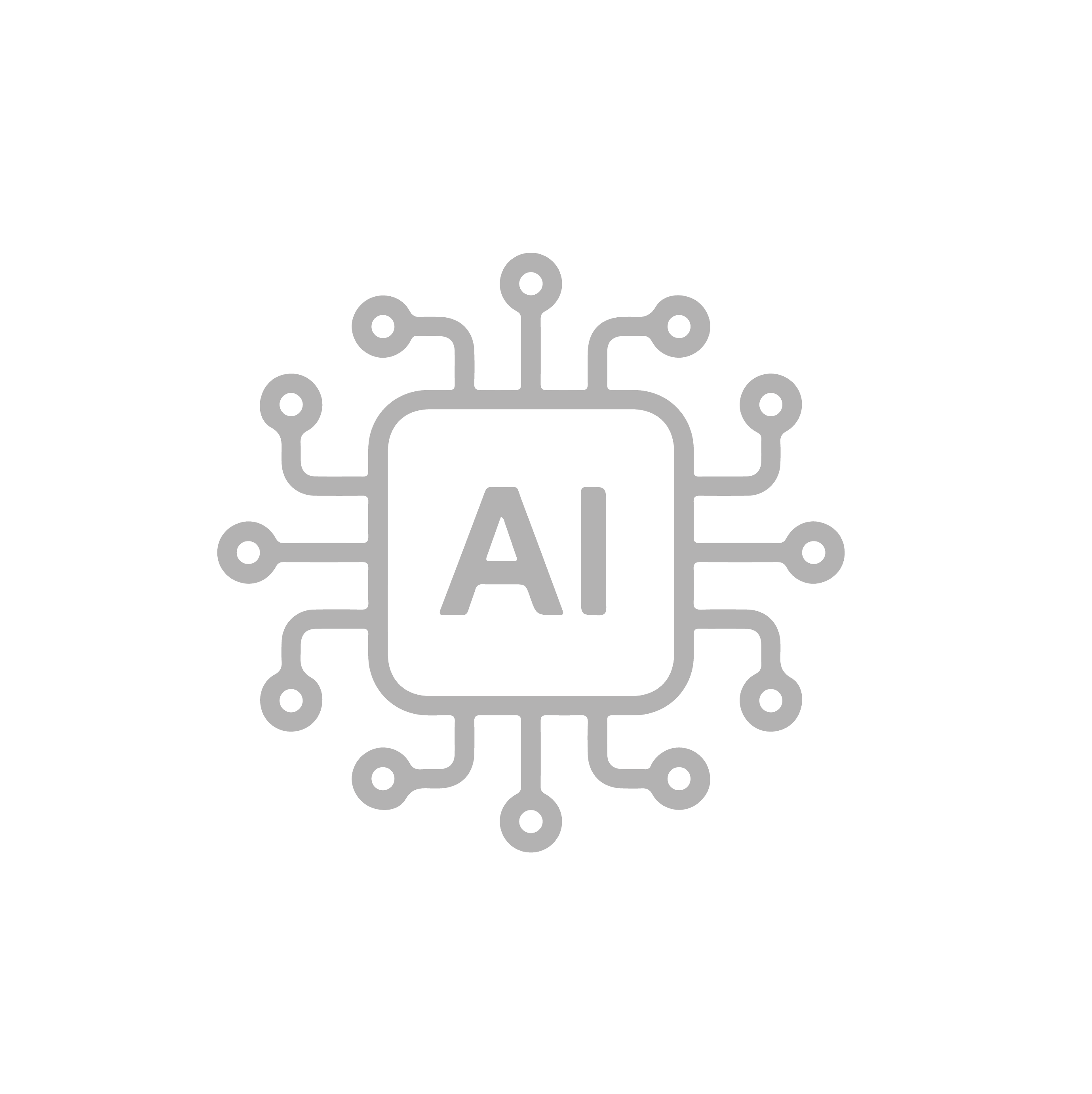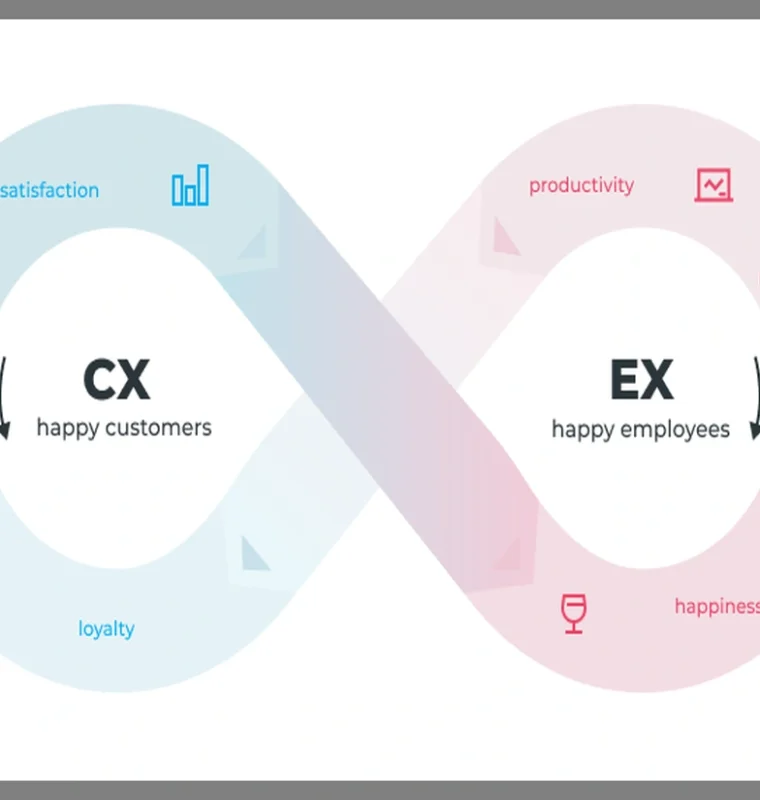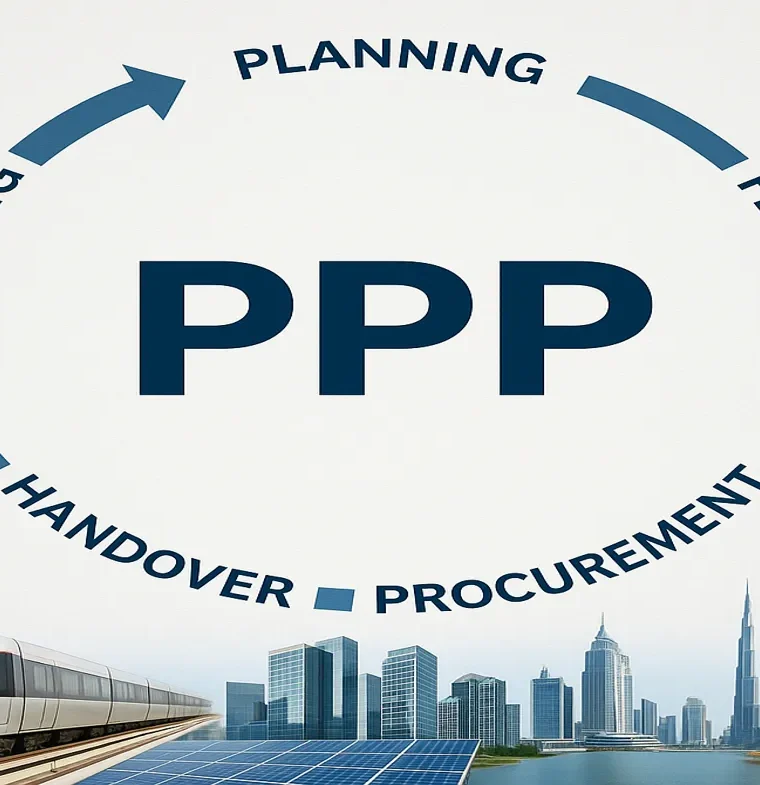Report Overview
The 2025 Matching Talent to the Jobs of Tomorrow report, issued by the World Economic Forum, examines how public employment services (PES) can improve job matching in an era of rapid labor market change. Drawing on literature reviews, stakeholder interviews, and a global scan of technology-enabled employment solutions, the report introduces a five-step framework to optimize matching between skills and opportunities. It also provides case studies from six countries, highlighting practical applications and lessons learned.
Issuing Authority
The World Economic Forum, as an international platform for public-private collaboration, prepared this report.
Strategic Relevance
The report is highly relevant for governments, workforce agencies, and labor market stakeholders navigating structural shifts in employment. By 2030, technological disruption, demographic change, and the green transition are expected to create 170 million new jobs while displacing 92 million. Public employment services must modernize to close skills gaps, align with employer demand, and provide equitable access to opportunities. The report offers a data-driven roadmap to achieve these goals.
Key Themes and Recommendations
- Data Access and Collection
Public employment services need comprehensive, timely labor market data to understand supply-demand dynamics.
Recommendation: Build strong partnerships with employers and entities to collect structured and unstructured data, using both advanced tools (APIs, AI parsers) and accessible methods (SMS, community outreach). - Data Structure and Standardization
A unified skills language is critical for compatibility across systems.
Recommendation: Adopt global or national taxonomies and ontologies, supported by NLP technologies, to ensure accurate and consistent mapping between job requirements and candidate profiles. - Data Validation
Trust in the matching process requires verified credentials and skill assessments.
Recommendation: Use secure verification methods such as blockchain, QR codes, and assessment platforms to ensure authenticity. - Upskilling and Reskilling
Closing skills gaps is essential for sustained employability.
Recommendation: Deploy AI-enabled learning platforms, open educational resources, and community-based training to deliver targeted skill development aligned with market needs. - Matching
Matching must go beyond basic qualifications to consider fit, preferences, and adaptability.
Recommendation: Leverage AI, ML, and large language models to deliver transparent, personalized matches, supported by continuous feedback and algorithm refinement.
Application to the Local Context
In the UAE and wider GCC region, where national strategies emphasize economic diversification and workforce competitiveness, the report’s recommendations can be applied as follows:
- Strategic Fit: Align PES initiatives with national priorities such as UAE Vision 2031, the green economy, and digital transformation goals.
- Workforce Development: Use standardized skills frameworks to strengthen Emirati talent pipelines and ensure alignment with future job market demands.
- Technology Integration: Leverage AI-powered platforms and mobile-first tools to enhance matching, reduce time-to-hire, and expand access in rural or remote areas.
- Public-Private Partnerships: Collaborate with industry, academia, and technology providers to co-design training pathways and job matching solutions tailored to local needs.
Conclusion
The Matching Talent to the Jobs of Tomorrow report provides a clear and actionable framework for modernizing job matching services. By adopting its recommendations, public employment services in the UAE and GCC can enhance labor market agility, improve skills alignment, and strengthen their role as strategic enablers of national economic priorities.
We support government organizations in applying this framework by delivering end-to-end advisory, skills taxonomy development, and AI-enabled job matching solutions. Our services include policy alignment, capacity building, and technology integration, ensuring that employment systems are data-driven, locally relevant, and capable of delivering measurable impact.


